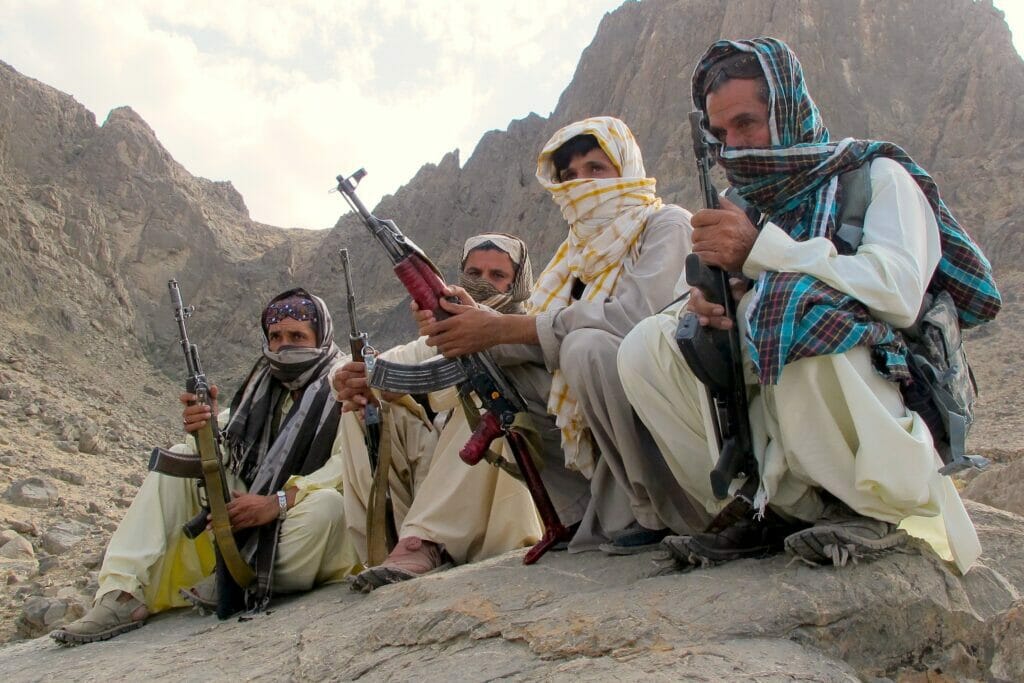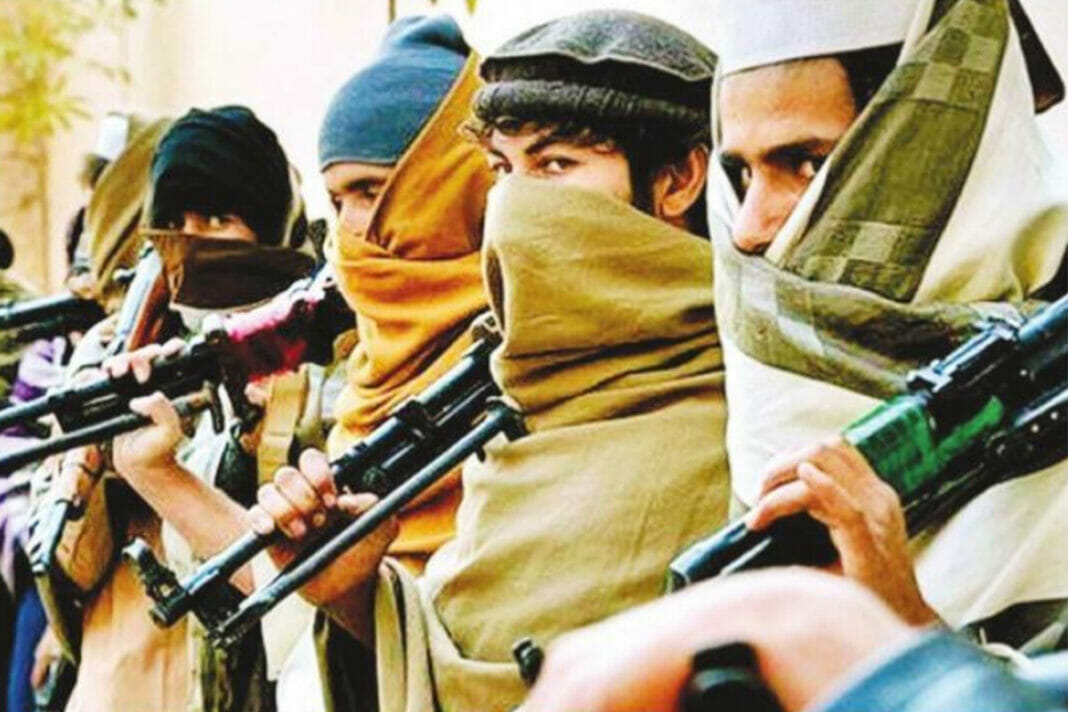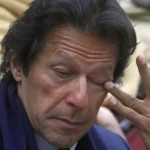A mosque demolished in Peshawar, more than a hundred dead, some may think they have furthered the cause of Islam through such an act, others understand this the start of another wave of terrorism in the country. Officials mention the vanquished in despatches, praising them for their sacrifice and the courage, while doing the least possible to secure their lives while in the service of the nation.
It matters little that none of them set out that day to sacrifice anything for anyone, let alone give up their lives for some unknown cause. It reminds one of the volunteers, who swam across the raging icy river, and on surviving the ordeal, enquired indignantly, as to who pushed him in?
The quip was not written to belittle the tragedy that caused so grievous a loss to so many, nor is it intended to deny the empathy that must be extended to the bereaved. The hurt inflicted upon them is not only irreversible but irreconcilable.
Yet the drama of deceit and mockery continues as usual with crocodile tears shed, and the feigning of false sympathy by the powers that be. Each pretender solemn in their staged dignity while shouldering the coffin, as photographs capture the display of unparalleled hypocrisy.
He offers his condolences with artificial concern and sincerity, deviously making promises he does not intend to fulfil.
In the year of our Lord, 2022, terrorist incidents have increased by 28% with a total of 376 incidents, 533 fatalities and 832 injured/incapacitated.
But who is asking – who is responsible for this? Who is making policy and what action is being taken?
The answers lie in the total irresponsible and casual attitude of an incompetent government and all its institutions, while people die or incapacitated for life.
This is terrorism at its worst; the incident itself, the effect that it leaves behind and the impact of poor governance that it exposes.
What is terrorism by definition – something even the United Nations is struggling to define since political connotations come in the way and begin to hurt some countries more than others.
For the purpose of this paper, we shall refer to it as a violent act by a criminal group to exact an abstract objective.
Yet, in the Pakistani perspective, because of this incident in Peshawar, we are focused on terrorism only, forgetting the circumstances that facilitate it.
There are multiple problems in our administration across the full spectrum of governance, affecting the State and the people who live in it, while continuing to go through the motions and pretence of formal administrative dispensation projecting false propriety and timely justice.
To include the problems, we need to look at:
- the overall law and order situation
- highway dacoits
- city street crime
- traffic mismanagement
- energy and fuel shortages
- financial collapse
- unprecedented inflation
- garbage collection
- shortages of wheat and basic food items etc. among many other issues.
These are indicators of near anarchy, where apparently, there is no government or even if there is one, it’s in name only – a madness that we have been enduring now for decades. When the State has lost the capacity, or the will to administer justice, apply law and order in letter and spirit, manage basic administrative matters, how can one expect them to manage a complex phenomenon like ‘terrorism’?
On the other hand, a society that itself is radicalised makes it easier to penetrate, condition and shape into a violent aberration, inventing a cause or creating an event designed to offend the public at large, is easier in such societies. Extremists, obscurantists, and fanatics are generally angry people, always in search of a cause to extinguish the fire within their breasts. These are the communities that easily recruited for militancy, violence, and terrorism – always for a higher objective or a divine cause.

The Genesis of Terrorism in Pakistan
Lt. General Tariq Khan (Retired), an erudite general from Pakistan’s Armored Corps and a decorated War Veteran, is an expert on critical issues related to Terrorism & Insurgencies. General Tariq Khan during the Battle of Bajaur, transformed and re-shaped Frontier Corps into a relentless fighting force and raised FC’s own special forces popularly known as SOG. Commanded and led major operations in FATA from the frontline, his model on counter-insurgency is still applied to this day.
Lt. General Tariq Khan (Retired) leads CommandEleven’s Board of Advisors as our Patron-in-Chief.








